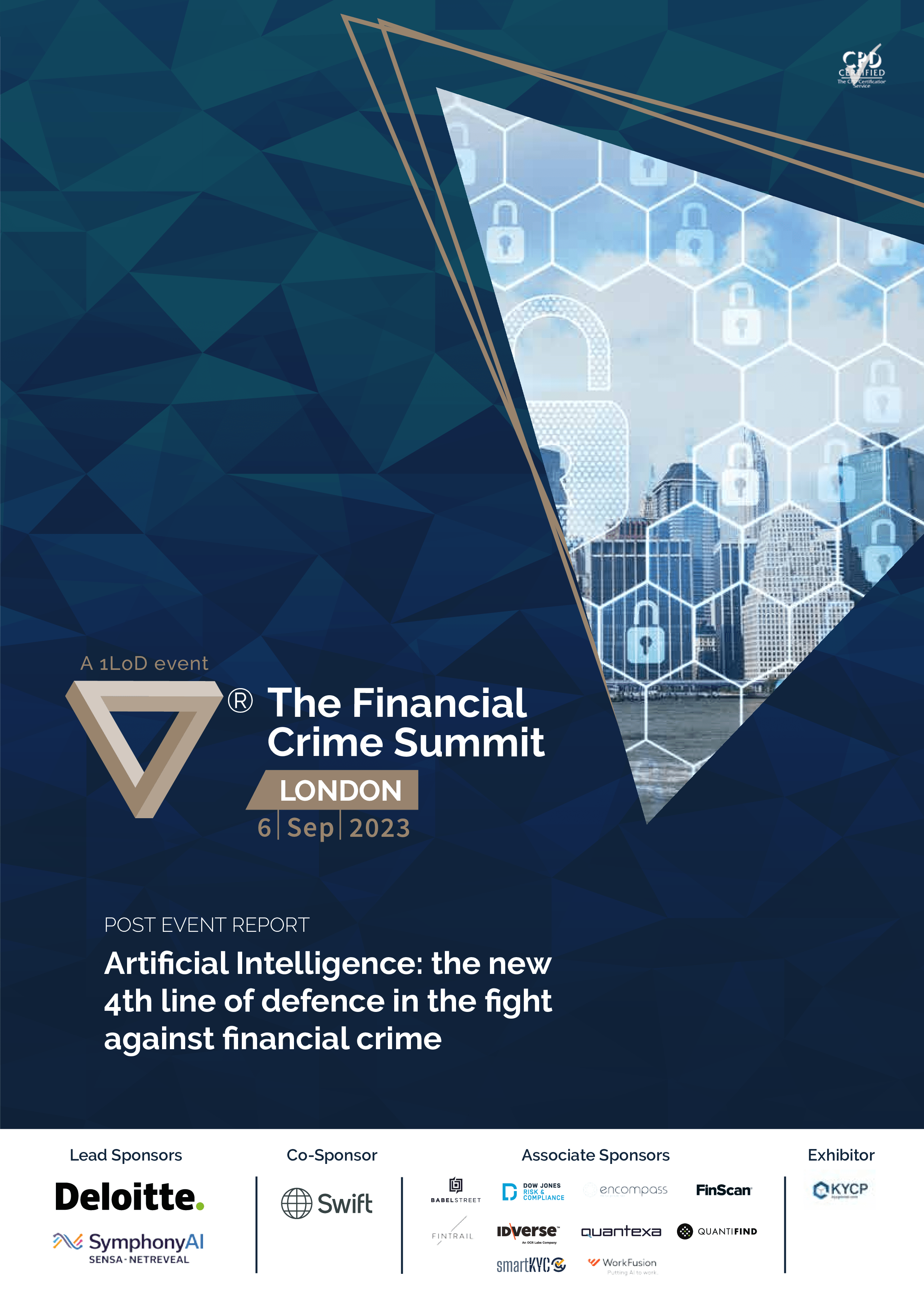Strengthening Financial Crime Risk Management through Innovation, Collaboration, and Technology

As financial crime increases in sophistication, measures to tackle criminal activity must keep pace. The Financial Crime Summit - London is where top practitioners from the world’s leading banks and other financial institutions, and across all business divisions, meet regulators, consultants and solution-providers to discuss the future of combatting financial crime.
Plenary sessions will highlight how:
- Future-Proofing the Financial Crime Function
- Defining Expectations for Banks in Public/Private Collaboration Efforts
- What Comes First in the Financial Crime Function- the Team or the Tech?
Throughout the day, there will be breakout streams drilling down into the latest thinking and practices for Anti-Money laundering (AML) and Know Your Customer (KYC), Emerging Threats and Technology, Sanctions, and Fraud Risk, with plentiful opportunity for practitioners to network with their peers at private roundtable discussions.
REGISTER NOW SPEAKING OPPORTUNITIES SPONSORSHIP OPPORTUNITIES
Keynote Interview With

The Rt Hon Suella Braverman KC MP, Former Secretary of State for the Home Department
This keynote interview will focus on the critical impact of the Economic Crime and Corporate Transparency Act, progress on the Fraud Strategy, and the work of the Serious Fraud Office and National Crime Agency in combatting financial crime.

NEW - Our 2024 Speakers Include...
Who Is The Financial Crime Summit For?
The Financial Crime Summit is a forum for senior financial crime practitioners who work in AML, KYC, ABC, sanctions and fraud functions across all business divisions within banks and other financial institutions to combat financial crime
| → Managing Directors, Directors & Heads of: Anti-Financial Crime / Anti-Fraud / Anti-Money Laundering (AML) / Anti-Bribery & Corruption (AB&C)/ Sanctions / Know Your Customer (KYC) / Client & Enhanced Due Diligence (CDD / EDD) / Financial Crime Intelligence / Financial Crime Investigations (Unit) / Transaction monitoring / MLRO / SMF17 / Financial Crime Risk Management / Financial Crime Compliance (FCC) / Financial Crime Operations / Economic Crime / Sanctions Audit / Financial Crime Audit / Fraud Risk / Heads of Bank Secrecy Act (BSA) / 1st line COOs and Heads of Financial Crime within the 1st line |
Highlights from The Financial Crime Summit - London 2023 |
You Will Learn How To
-
Optimise the operating model and determine the roles of all 3 lines of defence
-
Increase efficiencies and reduce costs
-
Actively fight financial crime rather than purely meet technical compliance
-
Leverage technology and automation to maximise efficiencies and cost savings
-
Enhance collaboration, coordination and integration within the organisational structure
-
Develop enhanced intelligence and data sharing strategies
-
Facilitate data sharing across diverse financial crime teams
Agenda
Key Features
-
This is a one-day event
-
1LoD events are run under Chatham House Rule and are off the record. Any quotes from speakers or delegates cannot be linked back to an individual
-
To encourage discussion, events are closed to the press
- Keynote addresses from international regulators and public sector agencies
- Panel discussions featuring senior practitioners within banks working to tackle financial crime
- Private interactive roundtable discussions on key themes and topics
- Comprehensive breakout streams discussing AML & KYC, Emerging Threats and Technology, Sanctions, and Fraud Risk
- Quickfire presentations, case studies and product presentations
- Networking drinks at the end of the day
The Financial Crime Summit - London 2023 - Post Event Report

When & Where
Thursday 5 September 2024: In-Person
etc. venues, 155 Bishopsgate, Floor 2
London EC2M 3YD

What your industry colleagues think of the Financial Crime Summit - London
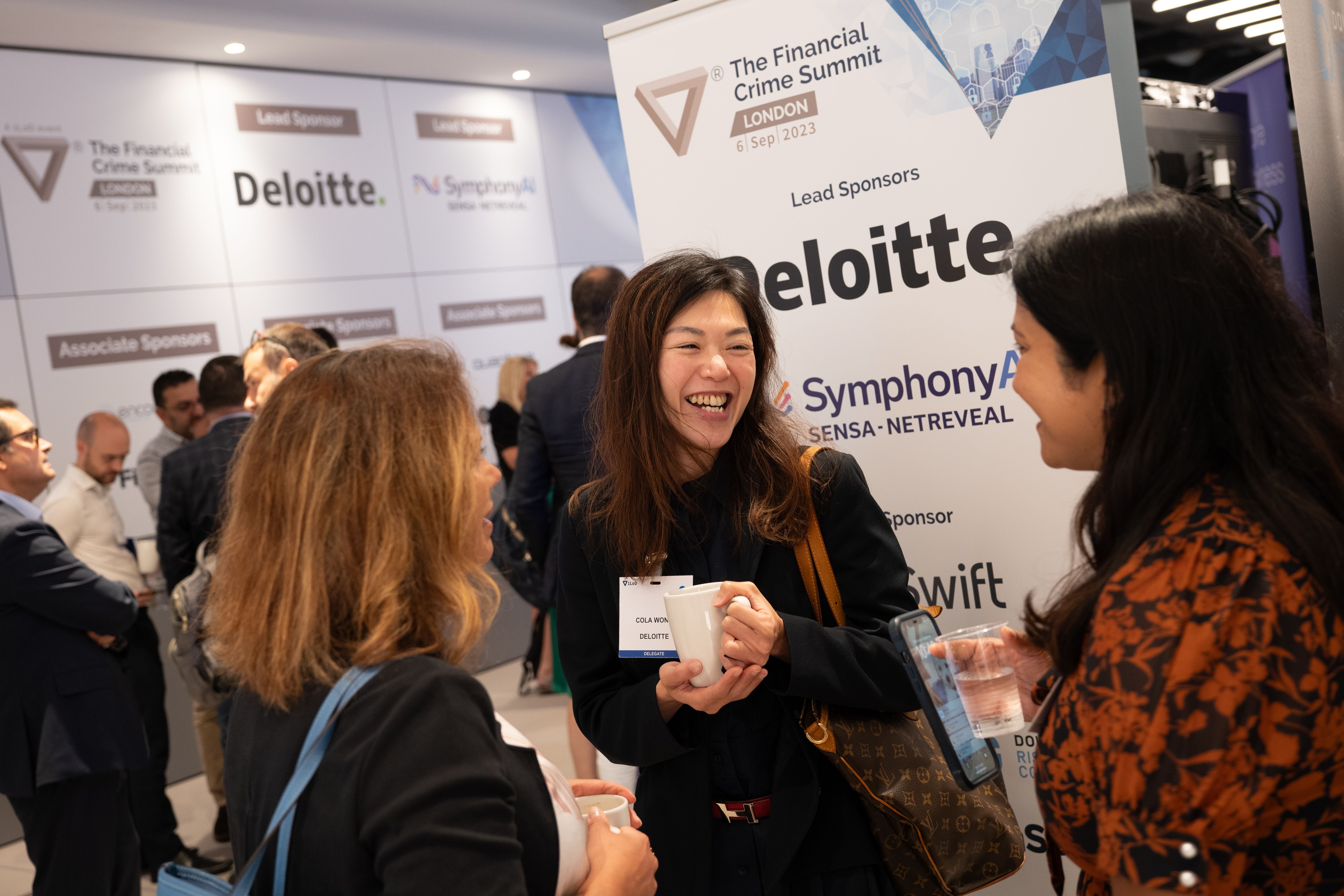
-
"Great conference, good panels / speakers and good mix of intimate dialogue in breakouts versus discussing and hearing about key financial crime developments in the plenary session. And a big relief that "we are all in this together"."
-
"As always a great event, and a real honour to be “elevated” to the opening panel! SCB is a great fan (and supporter) of your events, and I think the delegates get a lot out of it – your range of speakers is definitely the best in the industry!"
-
"Great place to network with industry SMEs."
-
"1LoD attracts senior & influential speakers and provides an opportunity to share ideas, challenge thinking and build partnerships."
-
"A wonderful and interactive event that facilitated a thoughtful exchange of ideas. I would highly recommend attending in person."
-
"I very much enjoyed it and am really glad we have been able to increase participation from colleagues here. You guys do a great job with these, and it’s one of the most interesting and insightful financial crimes events I have attended and is really strengthening the community."
-
"Really enjoyed the event, it does get better each year and credit to 1LoD."
-
"Really enjoyed the morning and we appreciate being included."
-
“Informative event, great to hear viewpoints across vendors and other organisations. Powerful to connect with like-minded KYC/AML and risk practitioners. The event was well structured and everything worked like clockwork. Kudos to all 1LoD staff who organized and executed the event. Engaging, topical and speaker-packed event. Recommend to all industry practitioners.”
-
"This event attracts industry experts, it surfaces challenging issues and creates an environment where professionals collaborate to share problems and find solutions. 1LoD has a great supporting team that help make events valuable & worthwhile."
-
"Engaging and broadly focused event on a range of very relevant current and future financial crime themes. Ability to being public and a significant volume of practitioners together is high gain."
Do you have a product or service that could benefit the Financial Crime Summit audience?
Join the leading firms that are benefiting from the sponsorship and marketing opportunities available.
Lead Sponsors
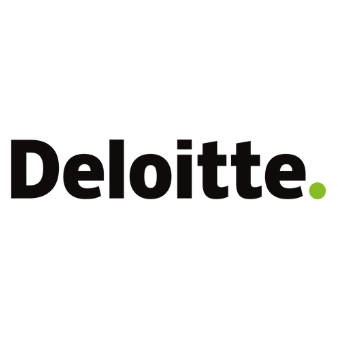


Co-Sponsor

Associate Sponsors
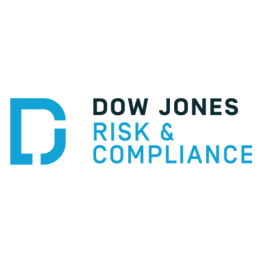
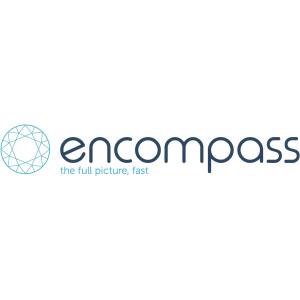


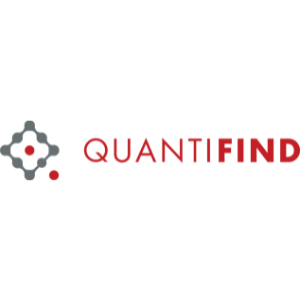

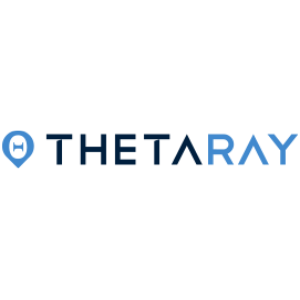
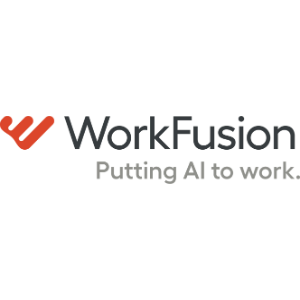
Exhibitors







)
)
)
)
)
)
)
)
)
)
)
)
)
)
)
)

)
)
)
)
)
)
)
